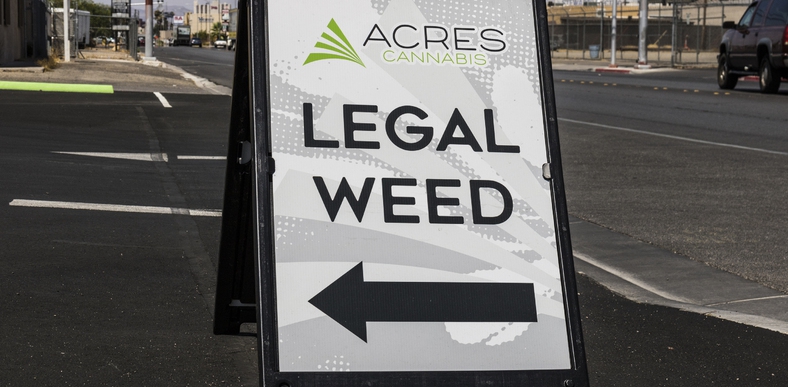The Effect of Legalized Marijuana in the Workplace

Is legal marijuana a gateway drug? It certainly has presented some challenges in the workplace. That is because, while state laws have changed to legalize marijuana even for recreational use, corporate workplace policies typically have not. Companies that drug test in states like Nevada or California, where pot is now legal for non-medical use, are starting to see employees come up positive for what is now a legal drug, at least at the state level.
This article discusses some of the challenges employers face in Washington State and other states where marijuana has been legalized. What can employers do to enforce drug policies in the workplace? Where can addicted employees find help for substance use disorders?
Employees, The Law and Marijuana
As if the law generally was not confusing enough, new marijuana legislation at the state level is a patchwork of legalization for both medicinal and recreational consumer use. Ironically, the federal government still classifies marijuana as a Schedule I substance on par with heroin. However, it is clear that many states do not agree with what they consider to be an outdated classification on a drug that has some positive clinical effects for treating illness. According to Governing, 30 states and the District of Columbia have currently legalized marijuana for some form of use. Eight of these states and D.C. have legalized pot for recreational use.
One of the unintended dilemmas created by this uneven smattering of laws is that employers who have a zero-tolerance drug policy are wondering how to shift their corporate culture and HR rules to accommodate state law that, in some cases, have made smoking pot like drinking a beer.
HR Dive suggests that in markets where there is a very tight labor pool, failing to adjust human resource policies to align with state laws can be a liability for companies. They suggest:
“If anything, employers may need to reconsider their drug testing and use policies – Both to accommodate changing marijuana law and to reach out to those struggling with addiction.”

THE STUDIES ARE REVEALING THAT EMPLOYERS HAVE NOT ADJUSTED HR POLICIES TO ACCOMMODATE LEGAL WEED.
However, this all comes at a time with the opioid crisis is having a significantly detrimental effect on the workplace.
Drug Rehab: A Resource for Employers
A National Safety Council (NSC) study cited in Consumer Affairs shows that employers have little patience for drugs – whether a casual weekend pot puff or a more serious addiction to opioid painkillers.
The NSC study showed that 65 percent of employers are willing to fire people for their opioid addiction. However, the majority also acknowledge that this is a treatable disease; they are just unwilling to deal with it.
The study also showed that 81 percent of substance use HR policies in the workplace are incomplete; they do not specifically address what happens when an employee gets out of drug rehab. Until employers address this issue, HR runs the risk of losing valuable employees to an addiction that is in every office and every company in the nation today. The article concluded that what is missing from corporate policies and procedures is “discussion of return-to-work procedures after completing drug treatment, making accommodations for impaired employees, and training to identify prescription drug abuse in the workplace.”
To learn about our residential treatment facility, contact us today!

